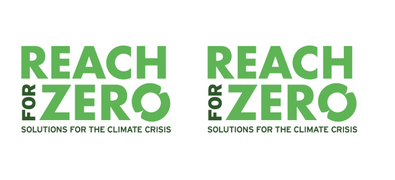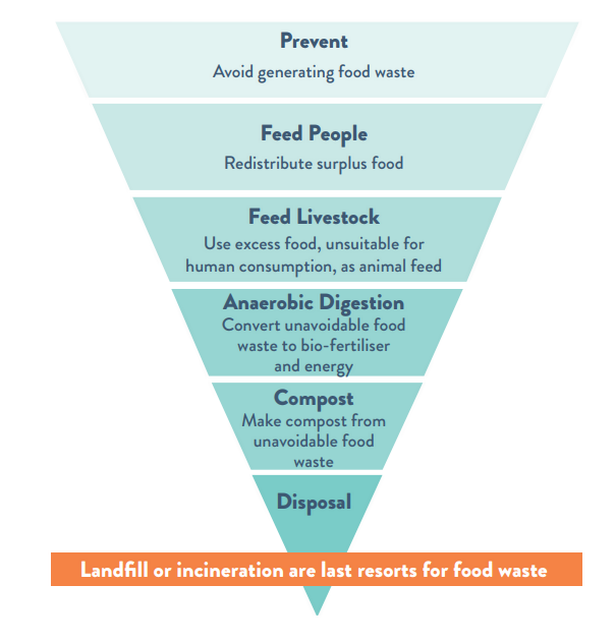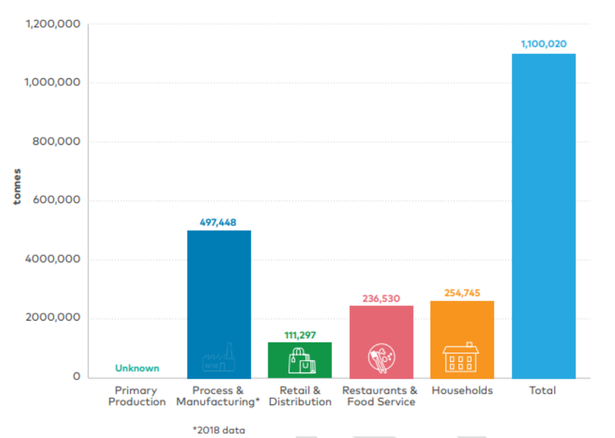
There's nothing complicated about planning you or your family’s meals for the week.
But this one simple act will set you on course to become a climate champion while shaving an average of €700 on your annual food shopping as the cost-of-living spirals.
Binned food creates greenhouse gases and that, on top of the emissions created growing, packing and transporting it, are why preventing that waste is one of the biggest single things households can do to help Ireland ‘Reach for Zero’.
According to the latest Environmental Protection Agency estimates, 1.1 million tonnes of food gets wasted across the country every year with the average household binning around 150kg of unused produce.
That waste alone is responsible for an estimated 3.6 million tonnes of carbon dioxide equivalent (Mt CO2eq2).
And according to the EPA “growing, processing and transporting food all use significant amounts of resources and food waste is estimated to contribute 8-10% of total anthropogenic GHG emissions” on a global scale.

Over a quarter of all food produced is wasted.
UN chief Antonio Guterres described this loss and waste as “an ethical outrage” in a world where almost half the population can’t afford a healthy diet and 690 million go hungry.
“Food loss and waste also squanders natural resources - water, soil and energy, not to mention human labour and time. It worsens climate change, given the significant role of agriculture in generating greenhouse gas emissions,” he added.
His comments marked the world’s first International Day of Awareness of Food Loss and Waste Reduction on September 29, 2020.
But with a few small changes, families, businesses, food producers and retailers across Ireland can be the solution instead of adding to the climate crisis through what they throw away.

Five tips to tackle climate crisis and save money
These five simple tips from the EPA could help you hold on to your cash for longer and help fight the climate crisis.
1. Make a meal plan
2. Check the cupboards and fridge before hitting the shop
3. Write a shopping list
4. Freeze leftovers and food about to go off
5. Experiment with what you have to avoid waste
This blog post was first posted in The Daily Mirror as part of their Reach For Zero campaign.
Thorntons Recycling own and operate a compost facility in
Co. Meath. This is where your brown bin collections go to be made into compost.
This compost is then given to local farmers, landscapers and community gardens
creating a circular economy.